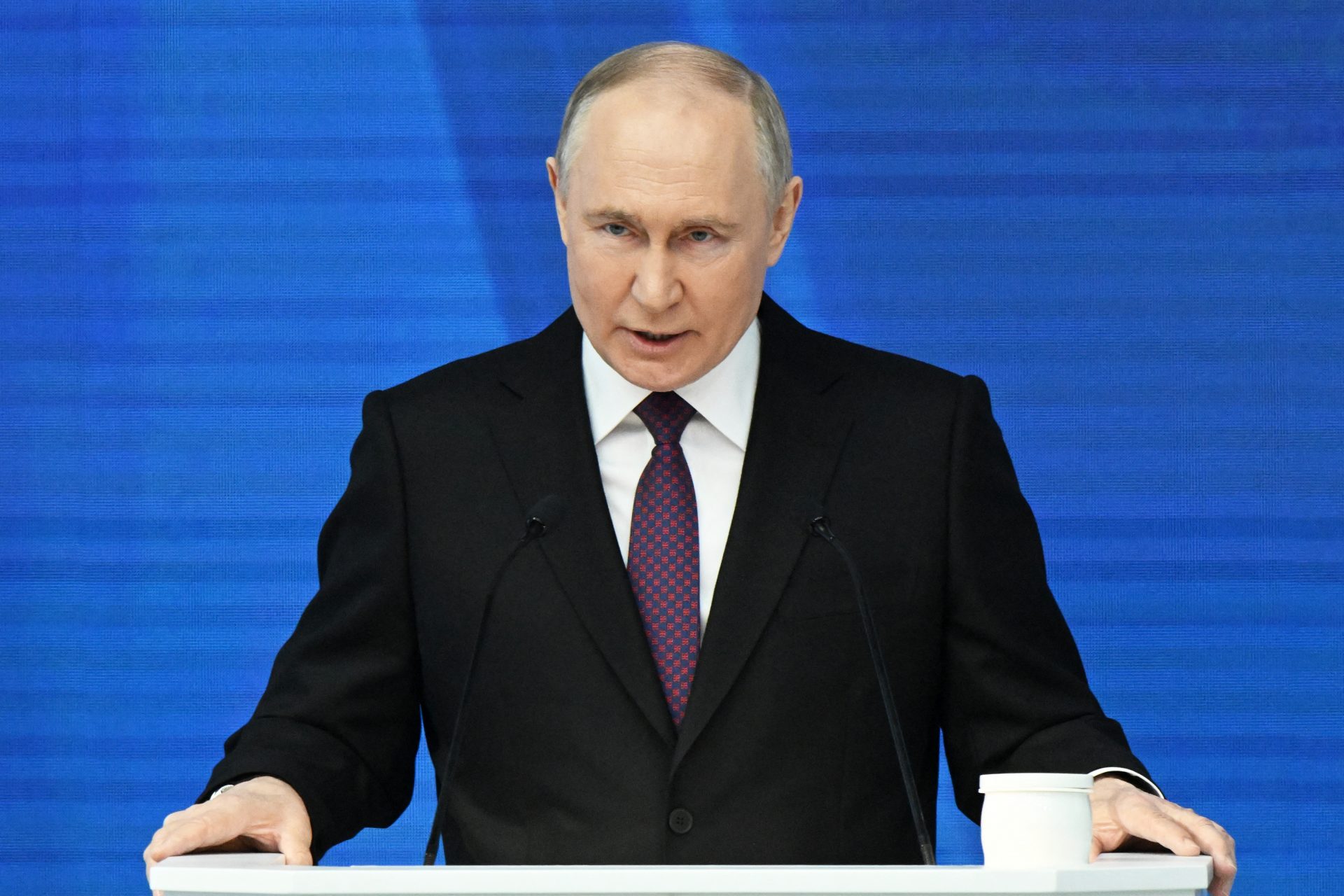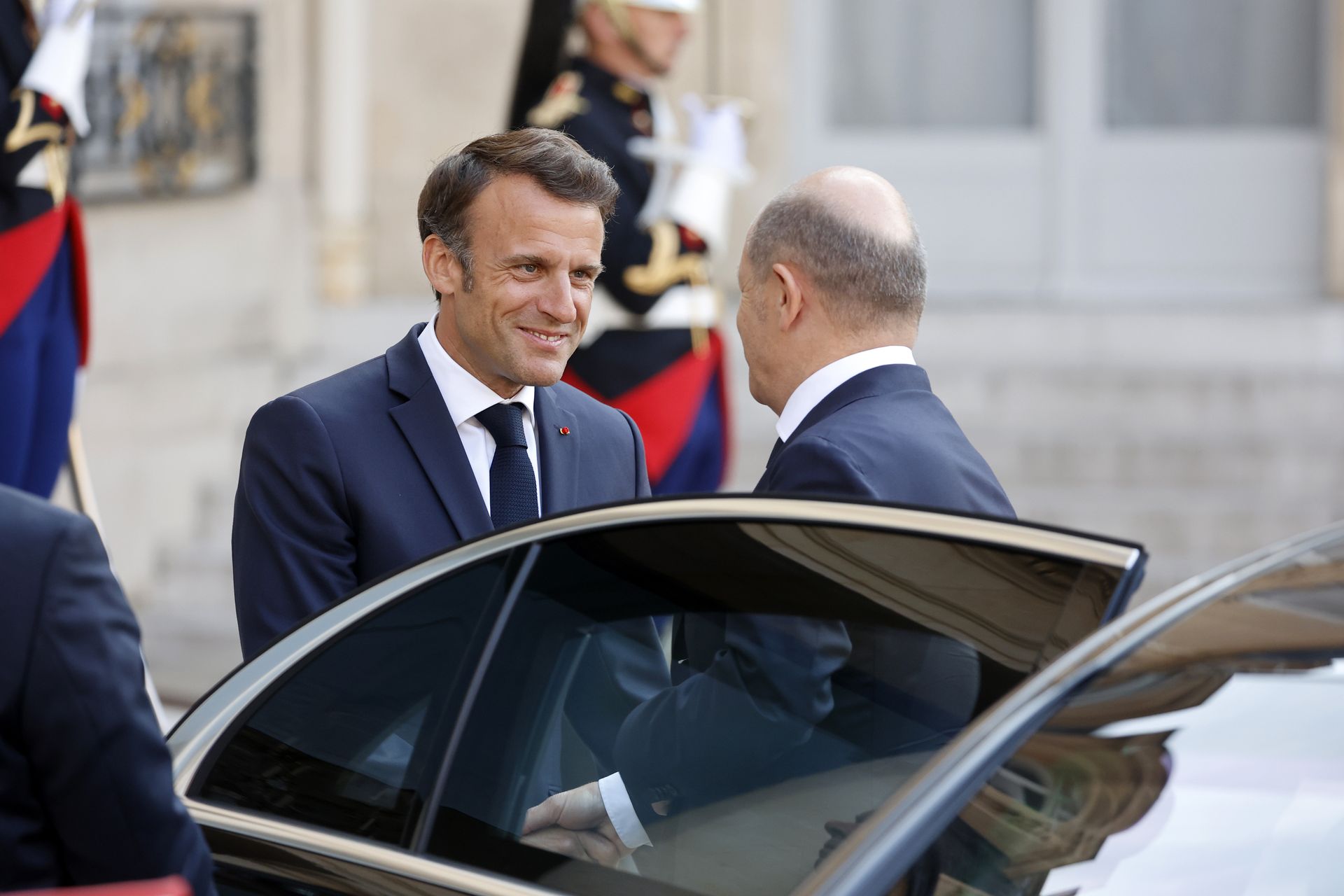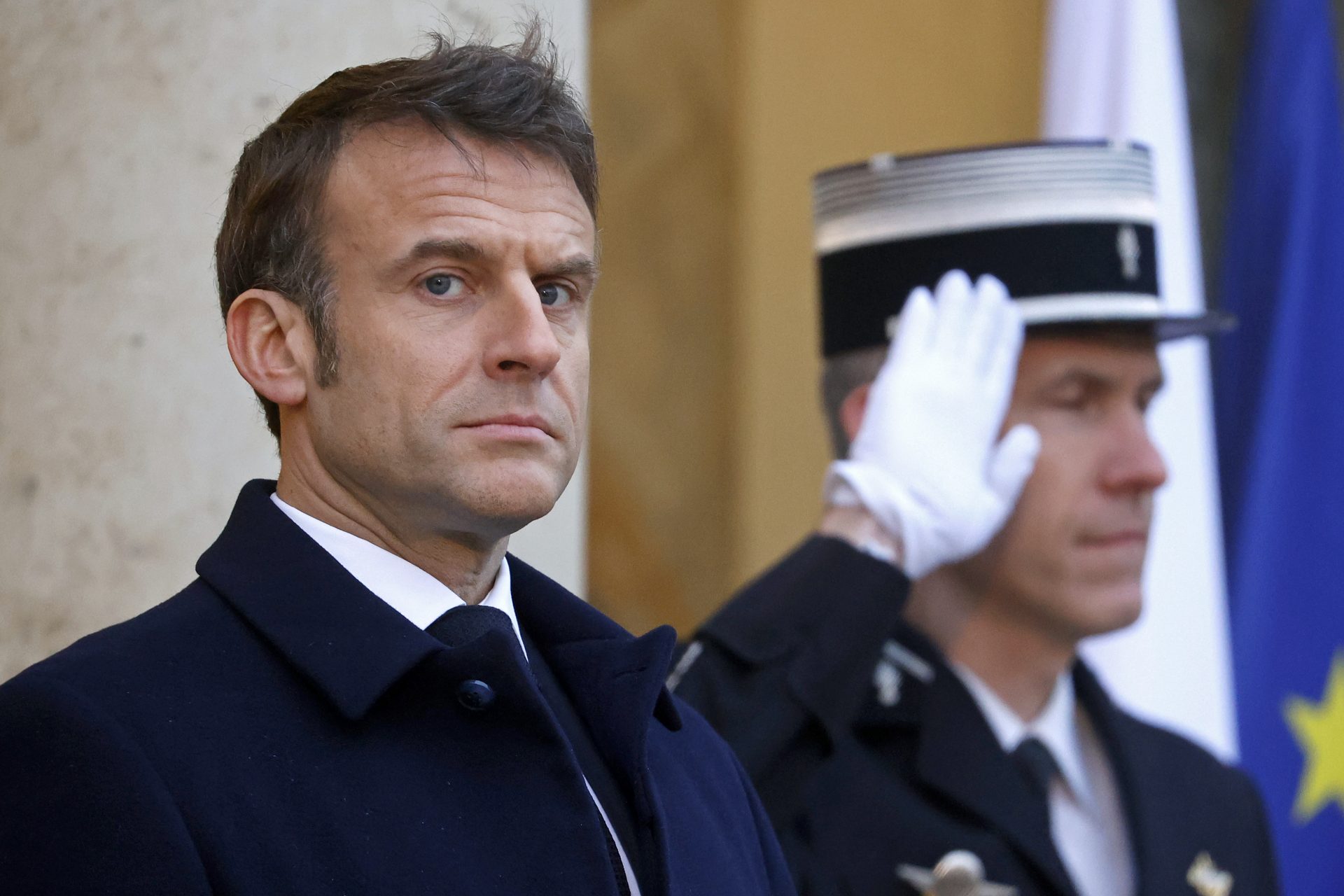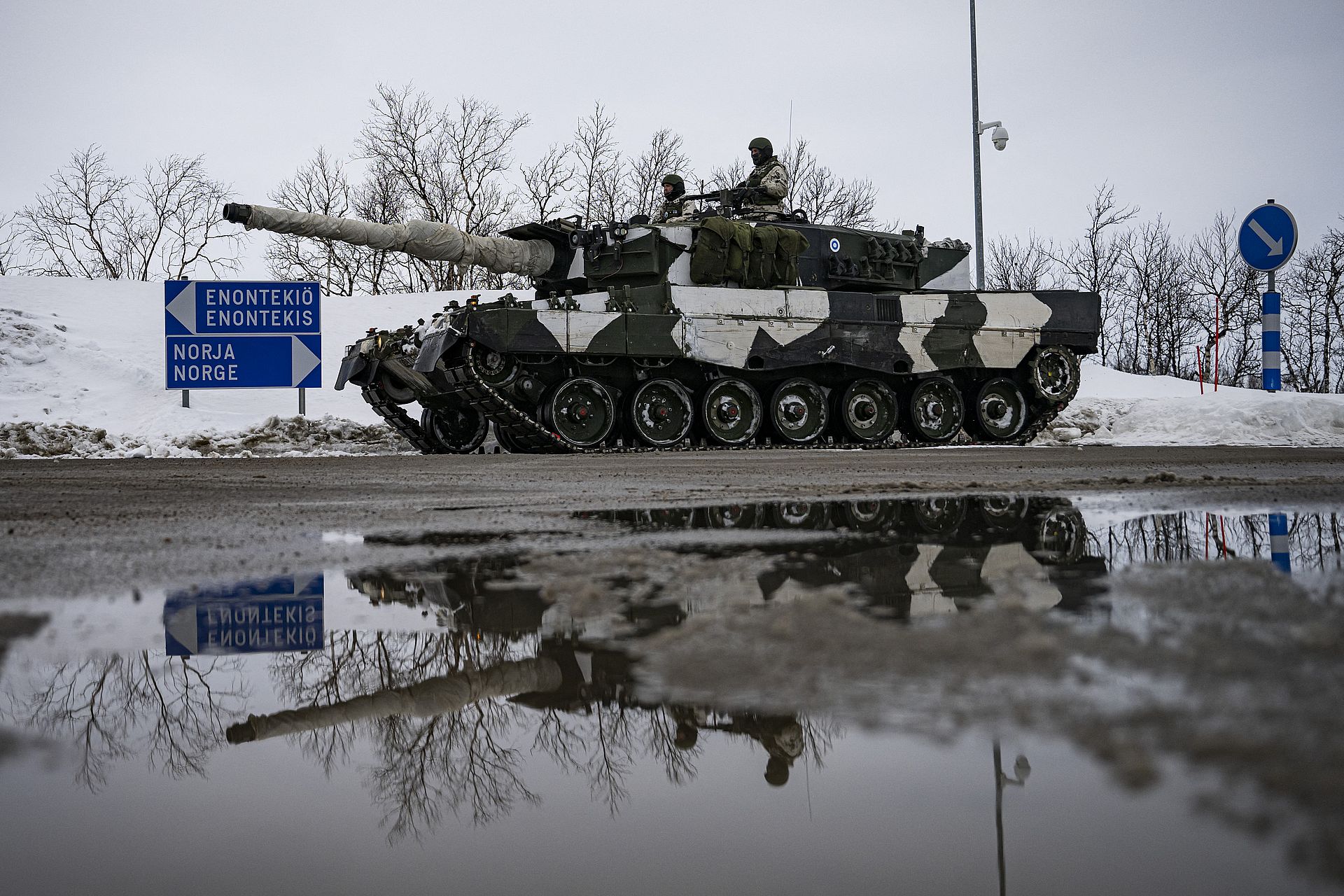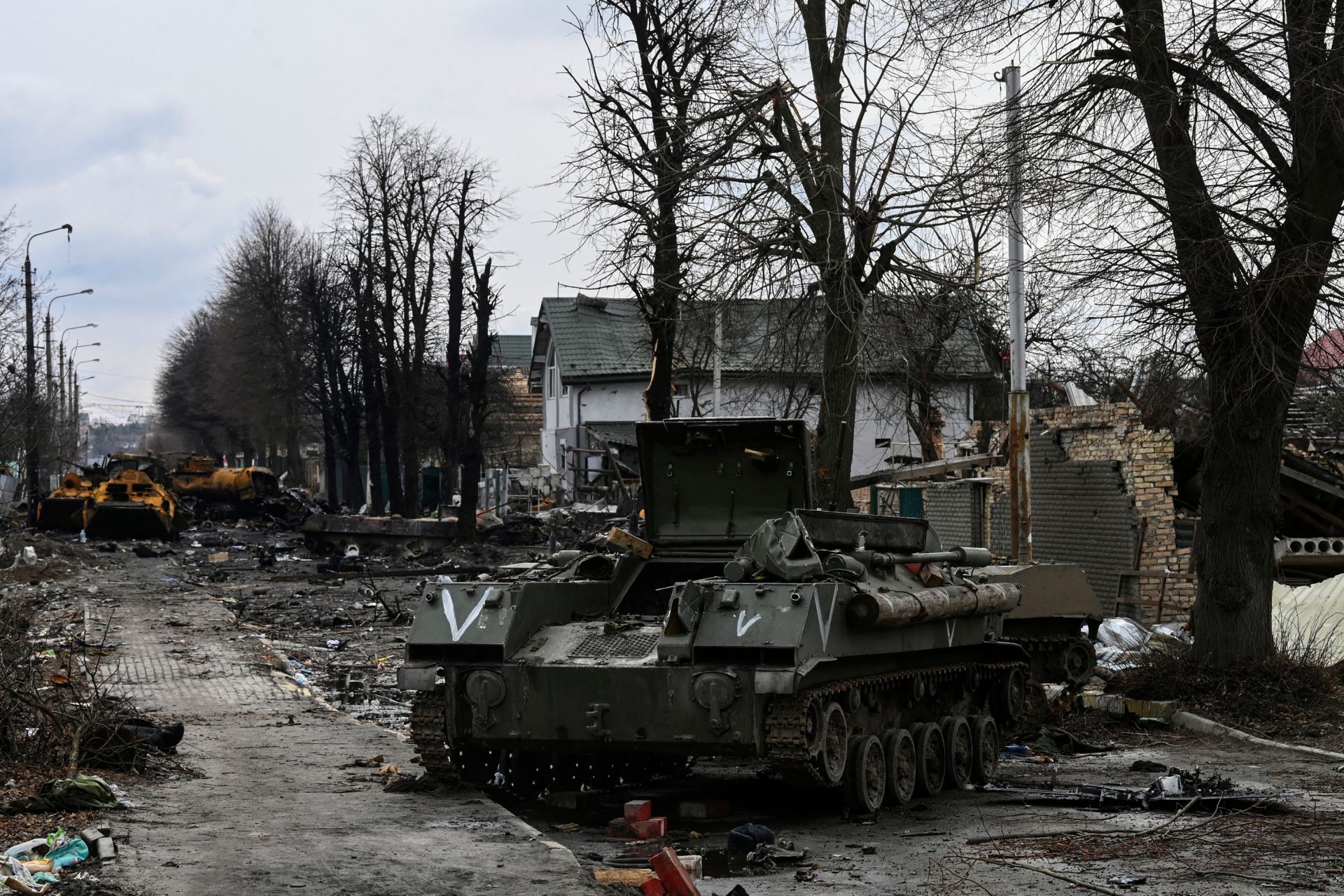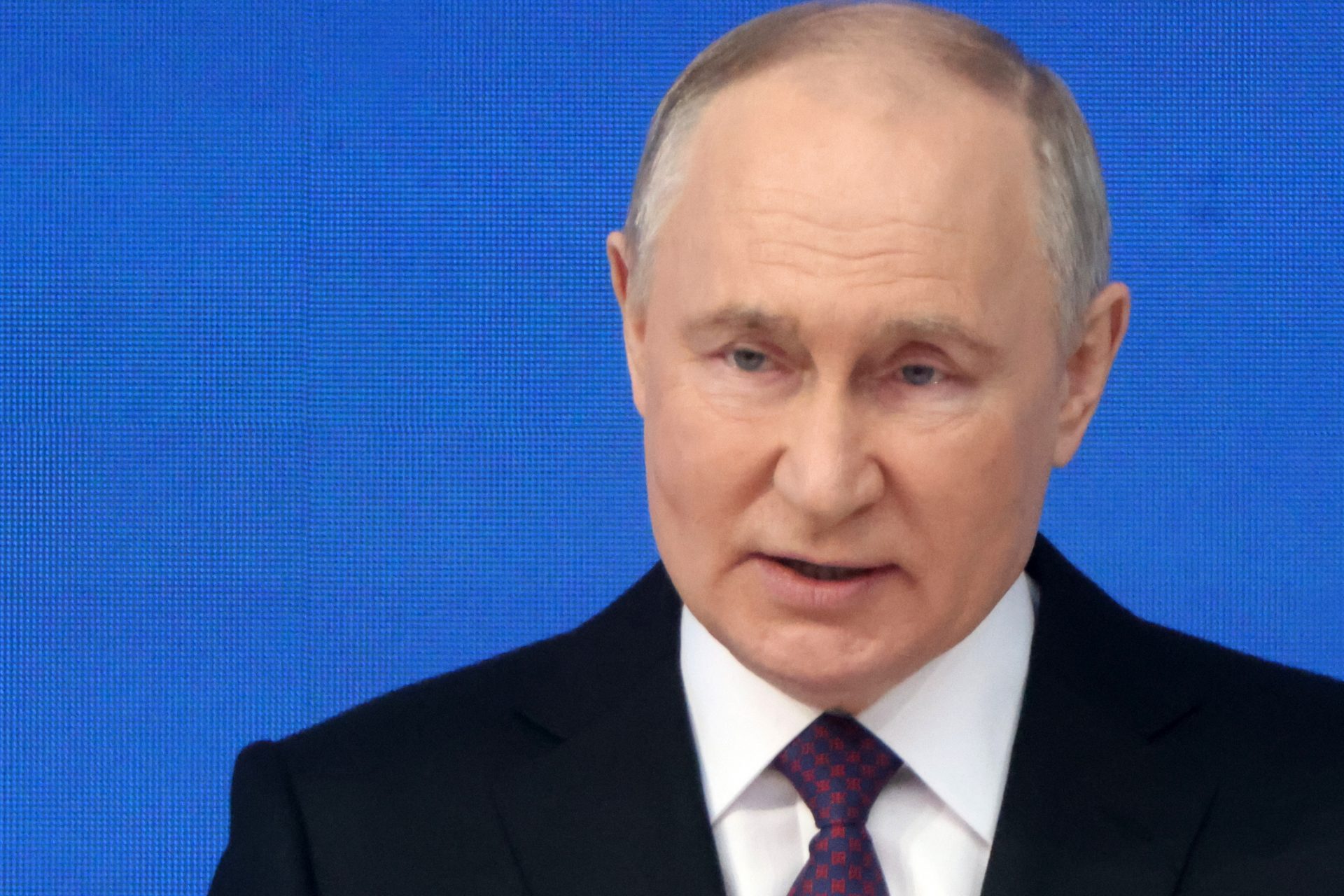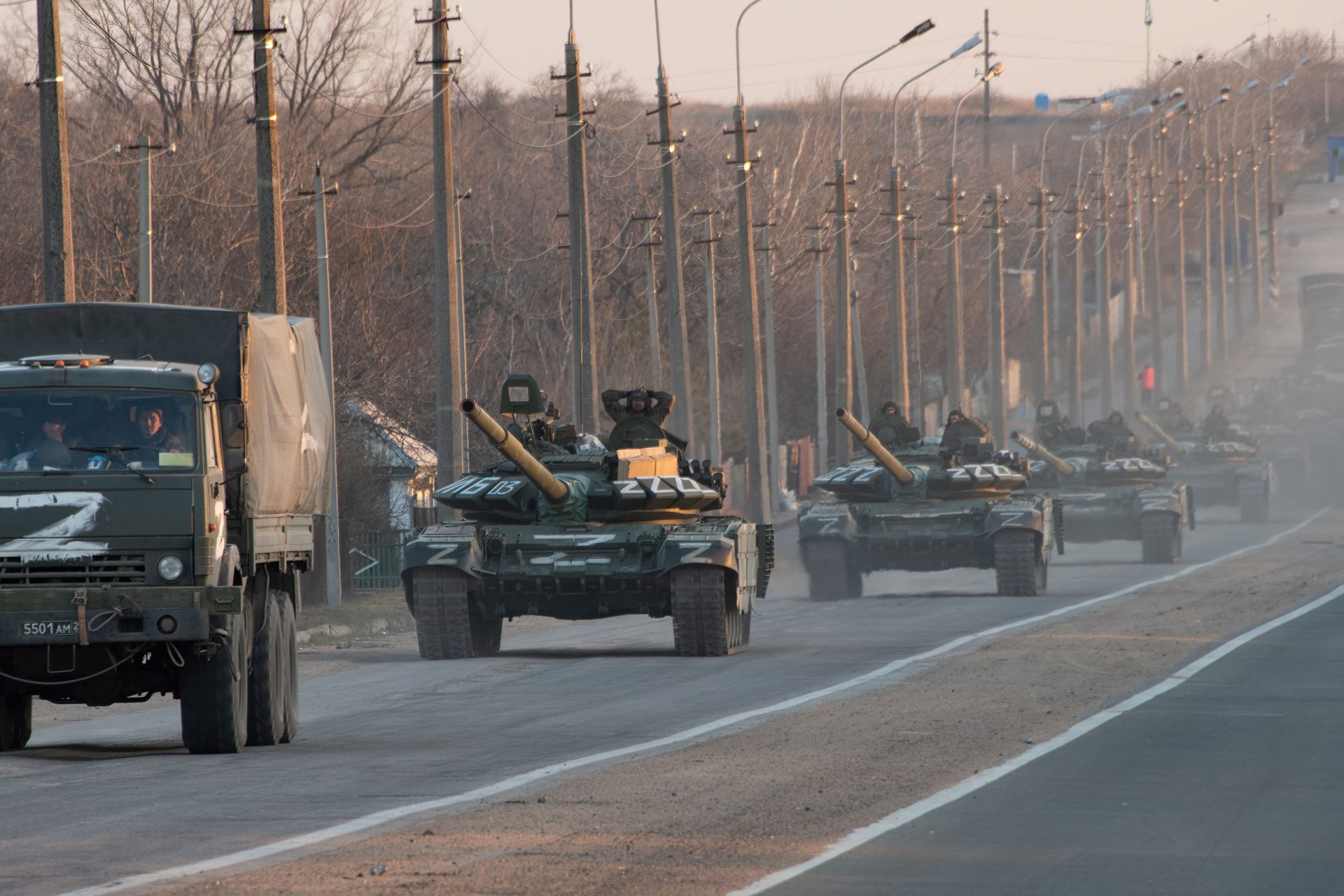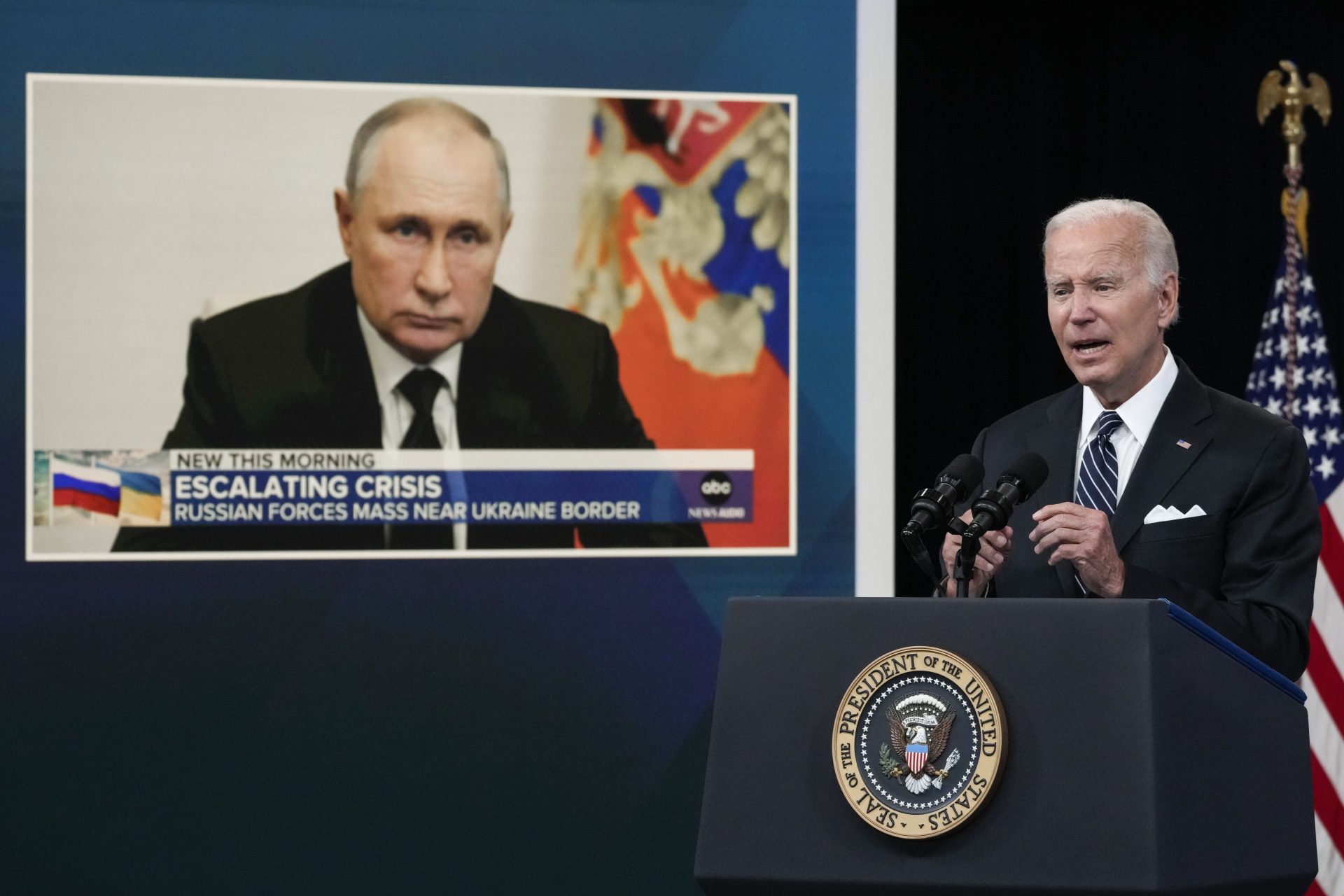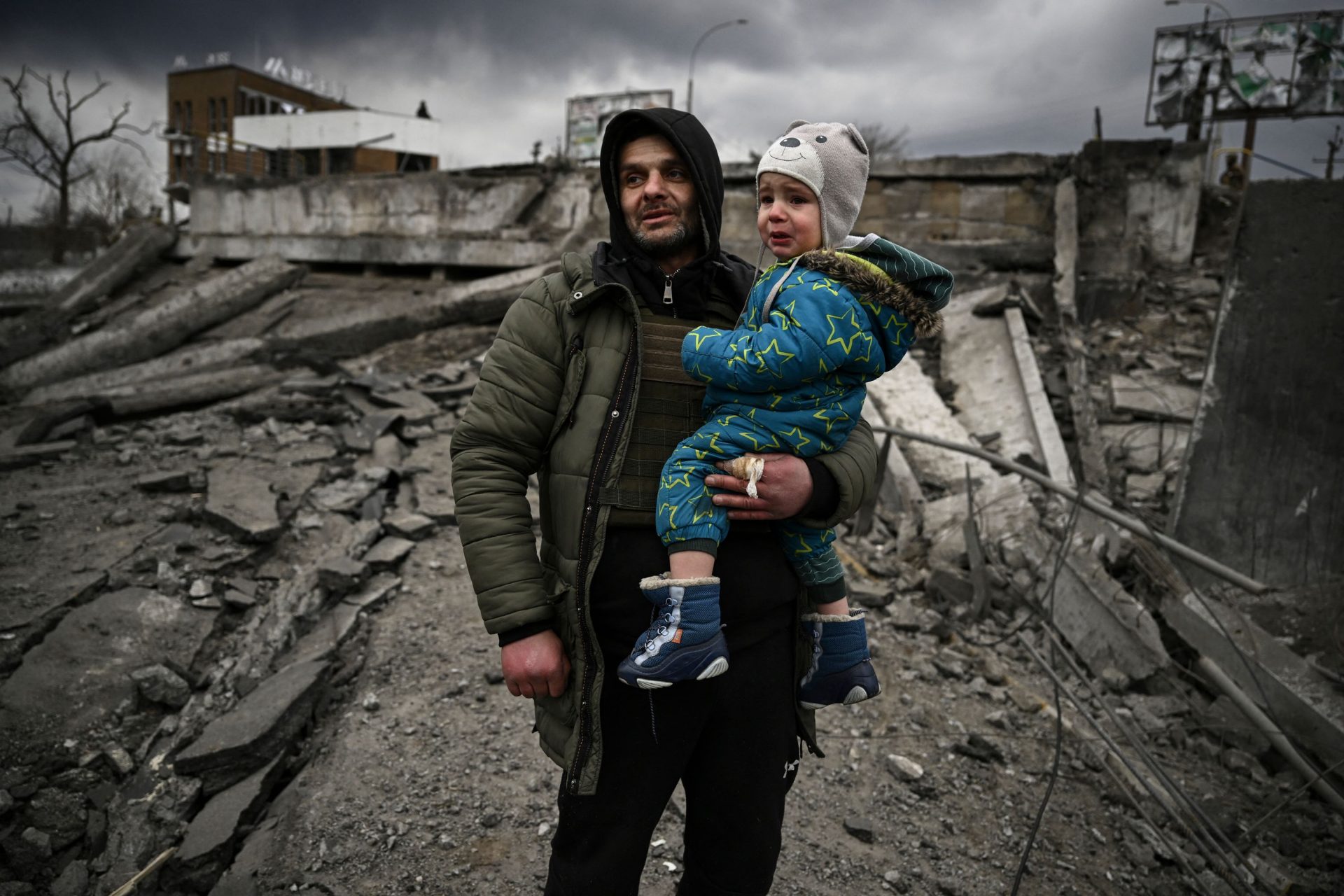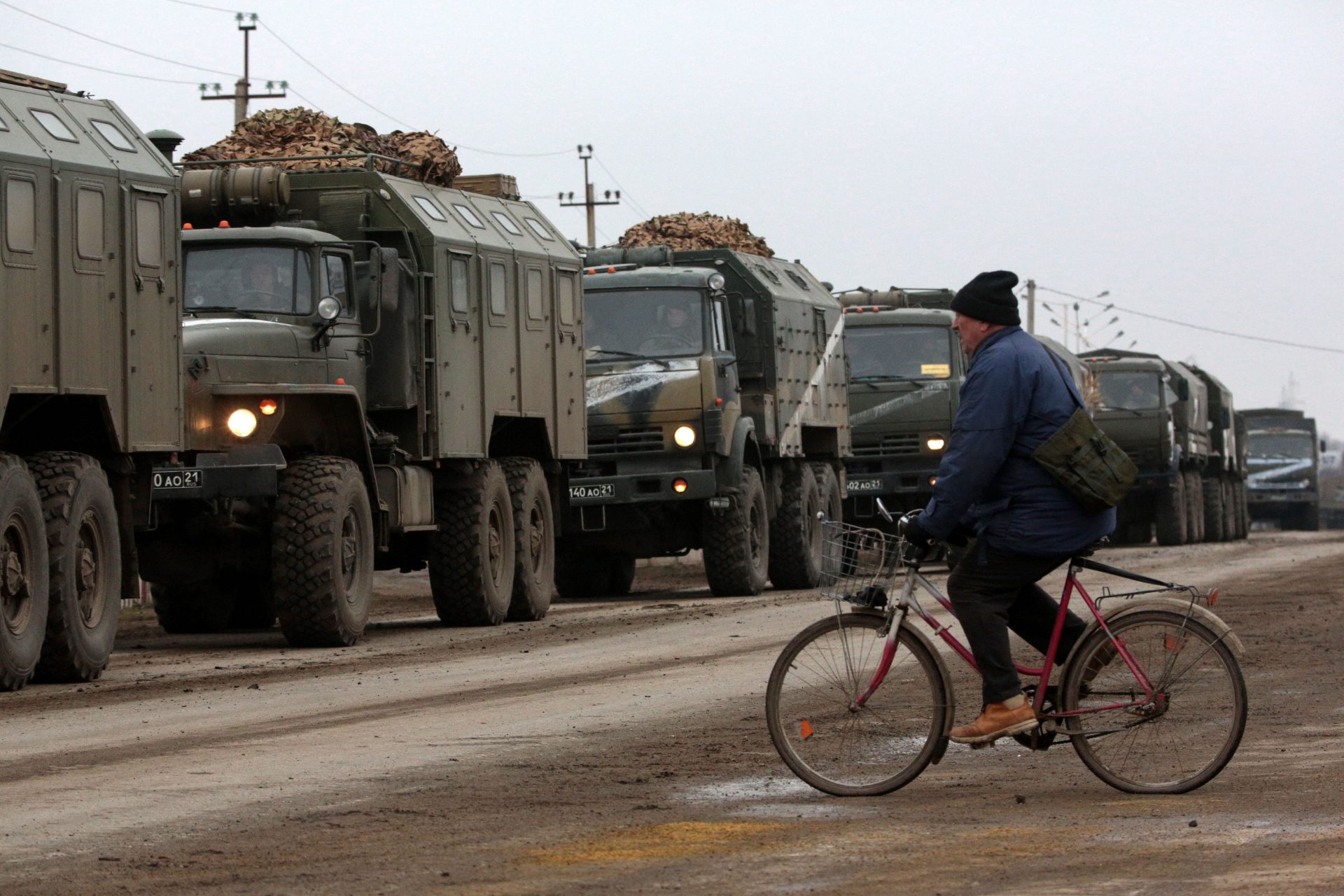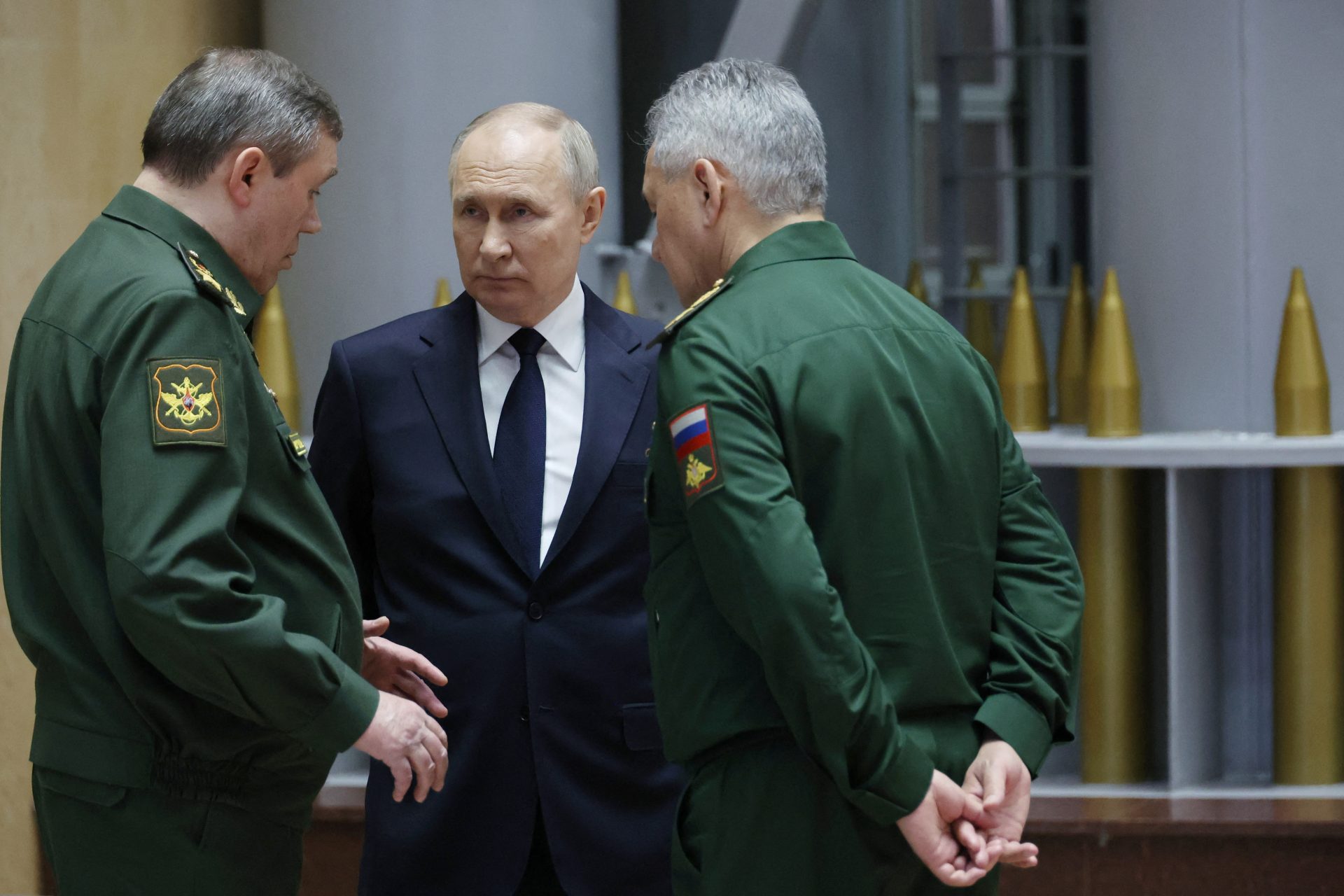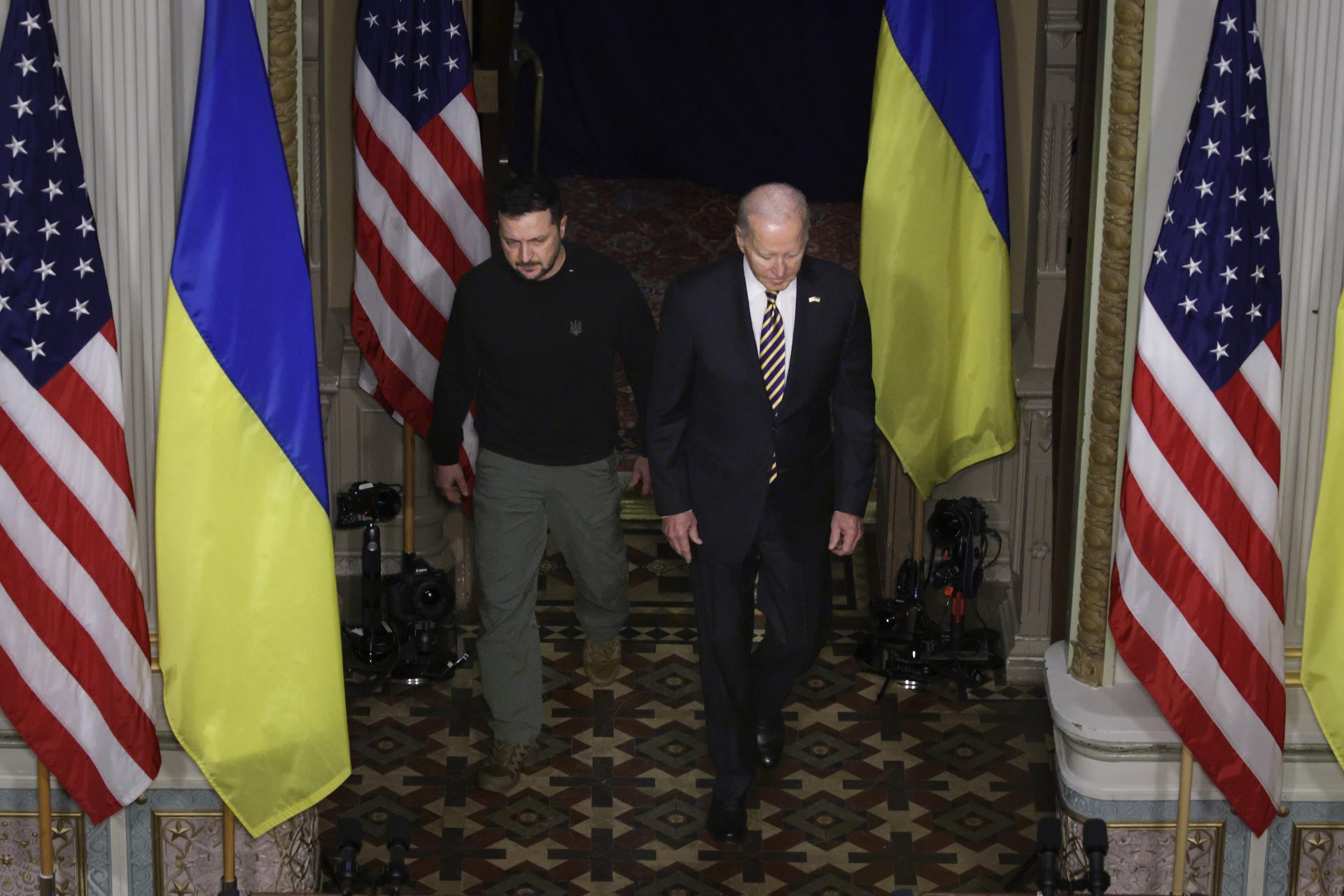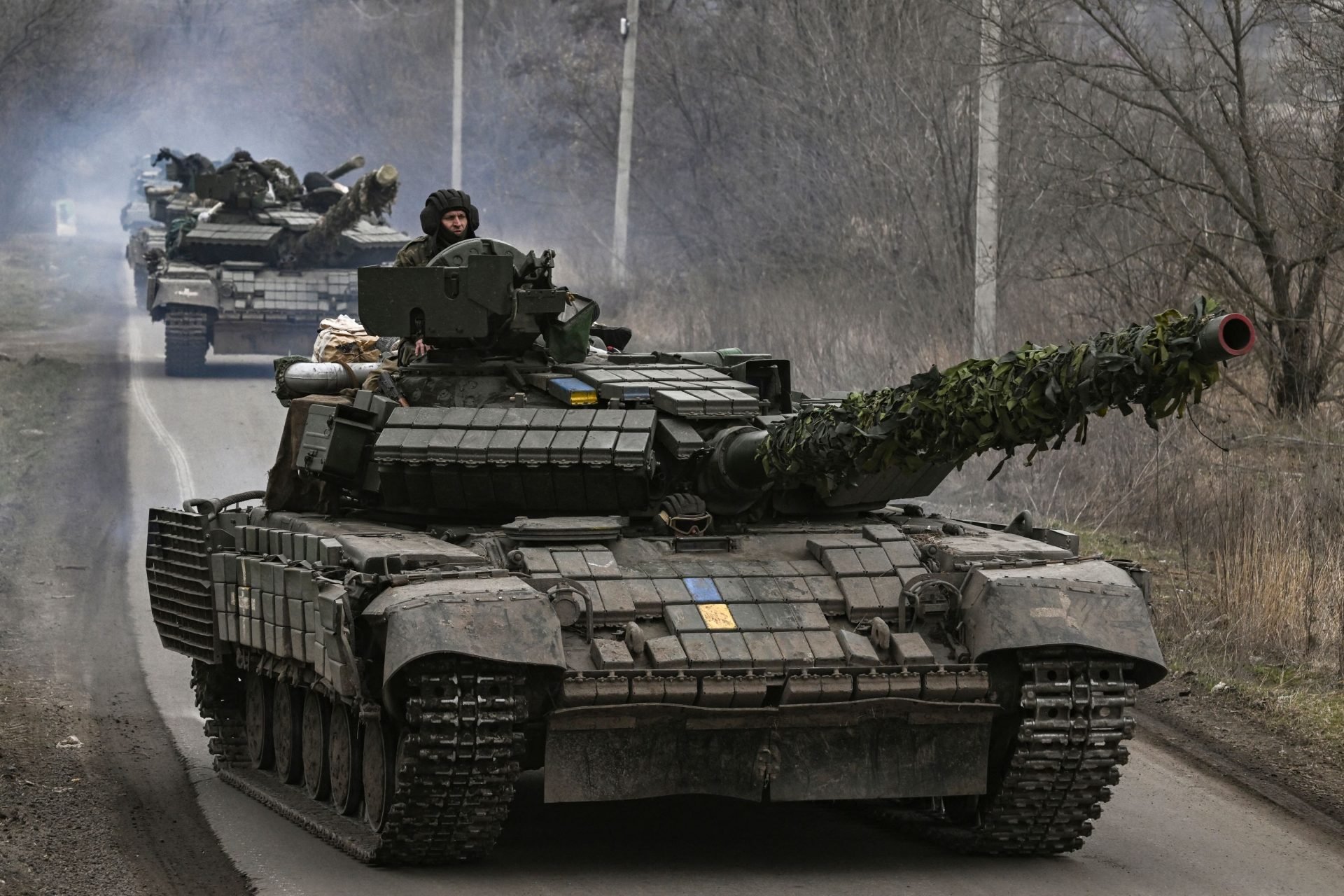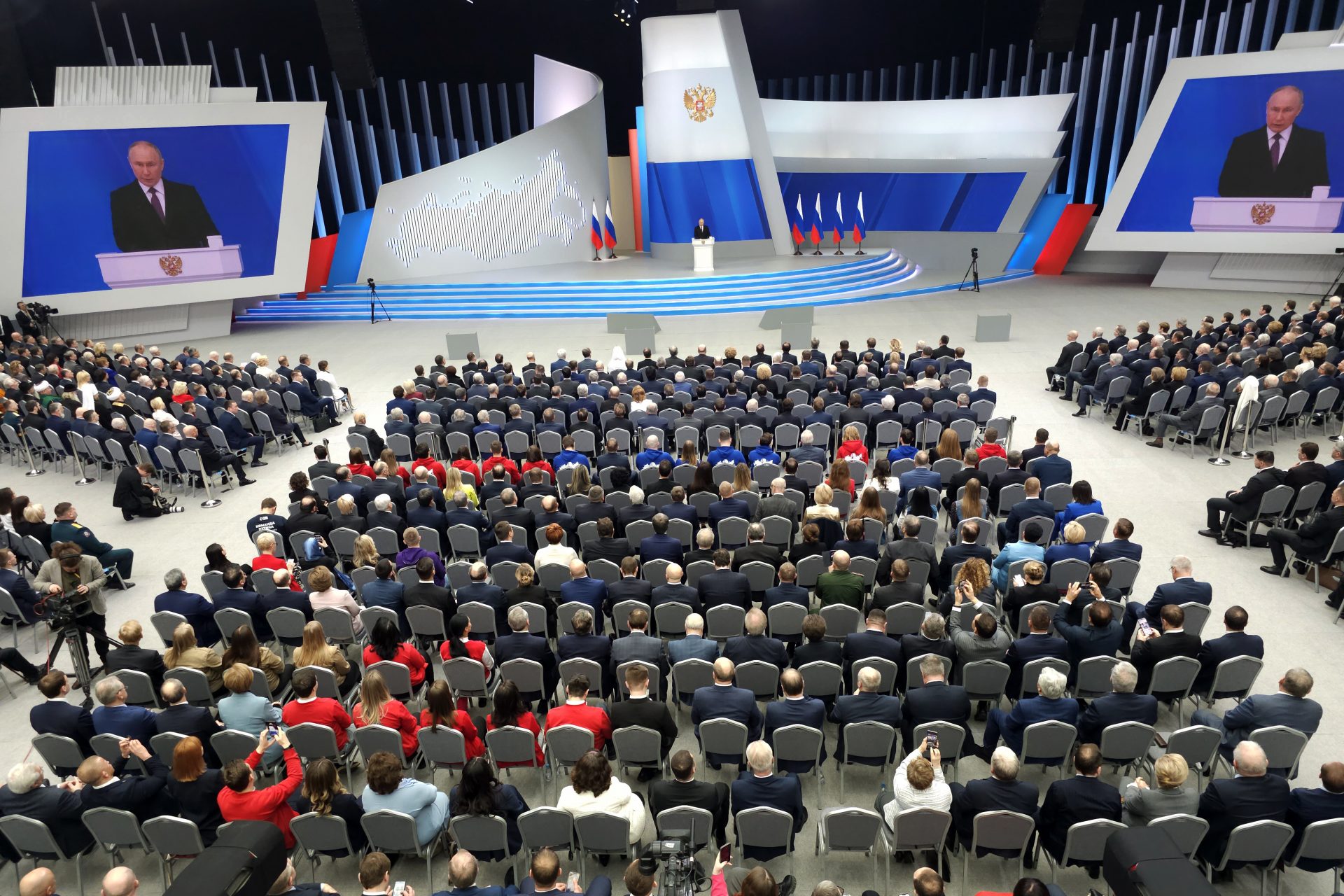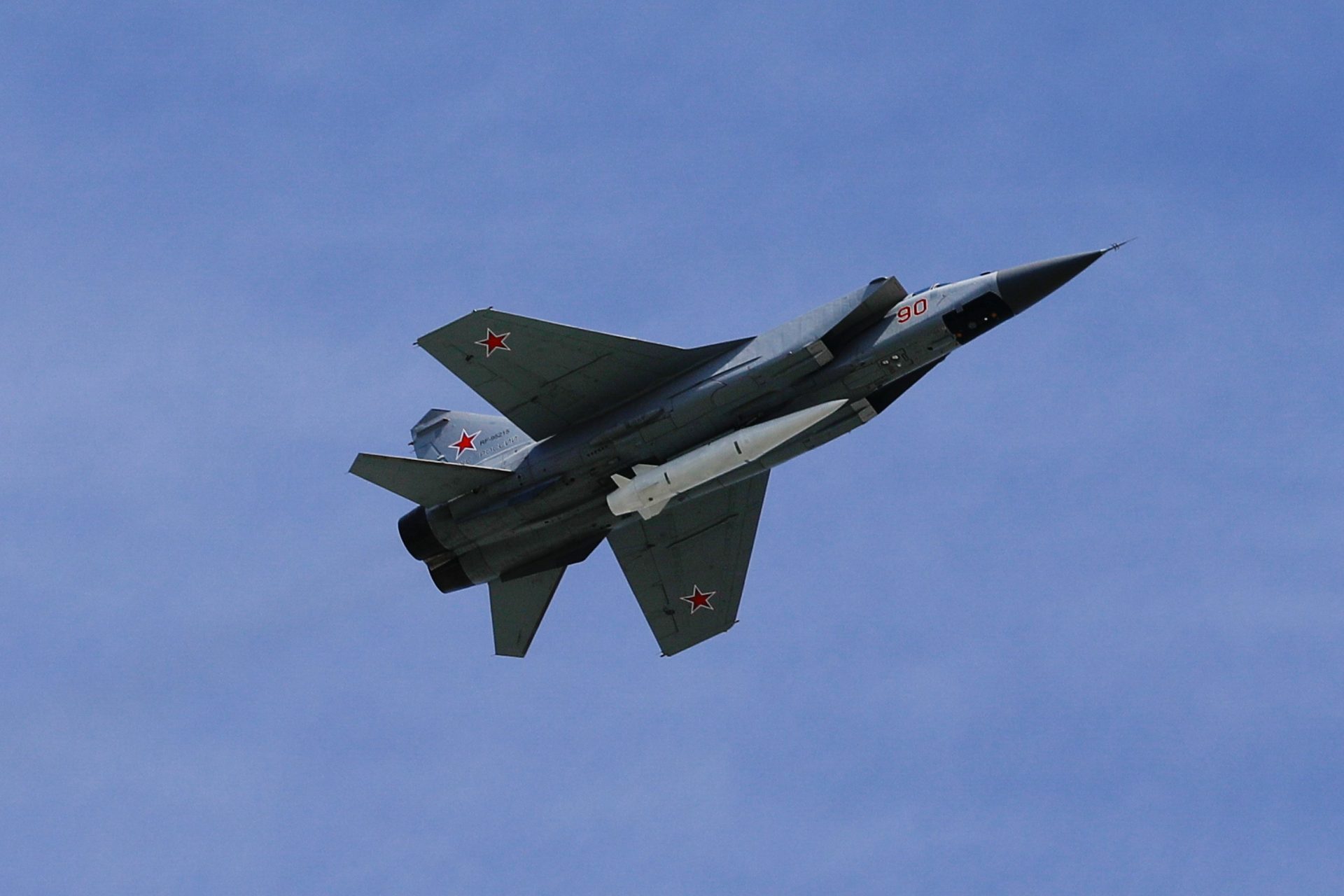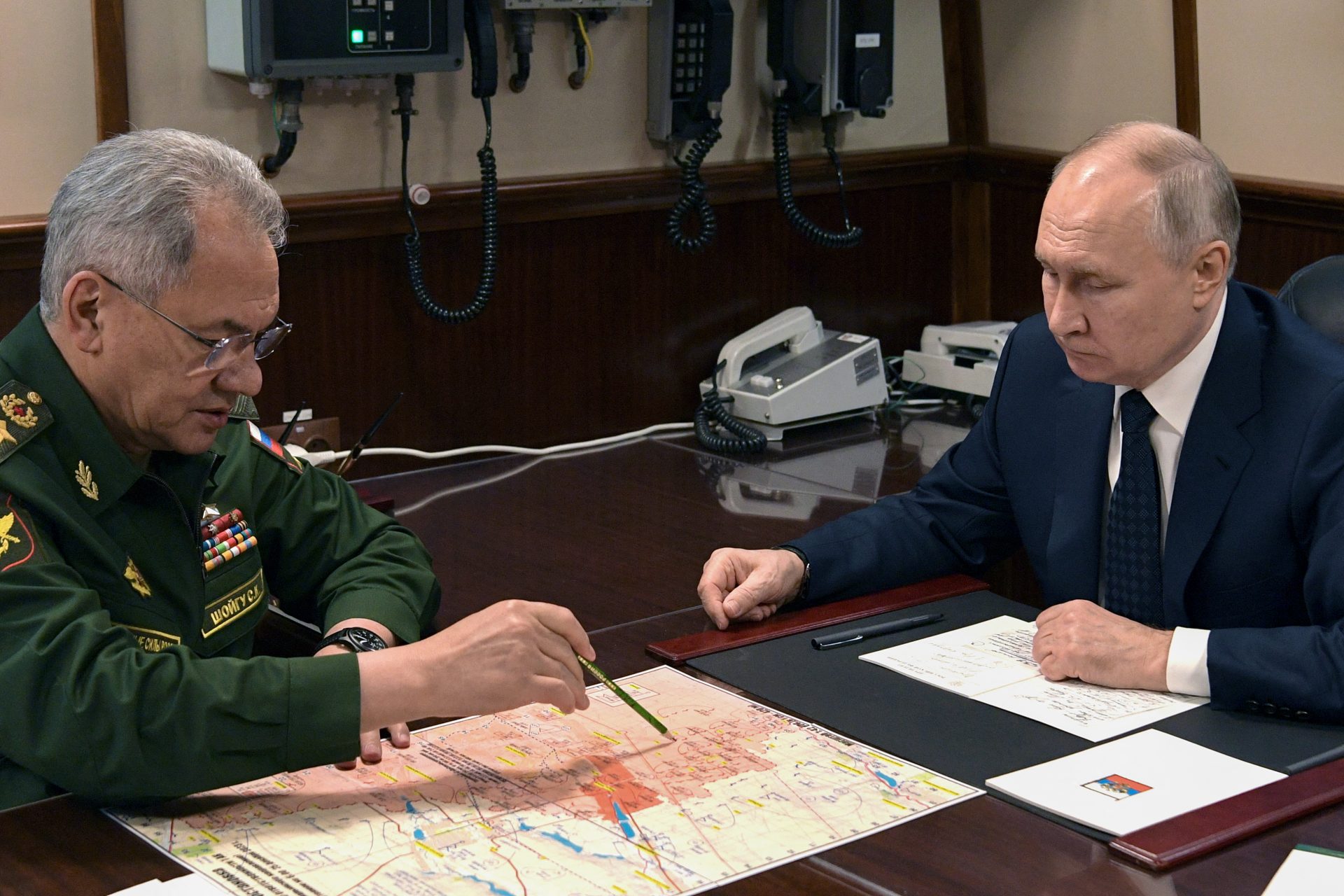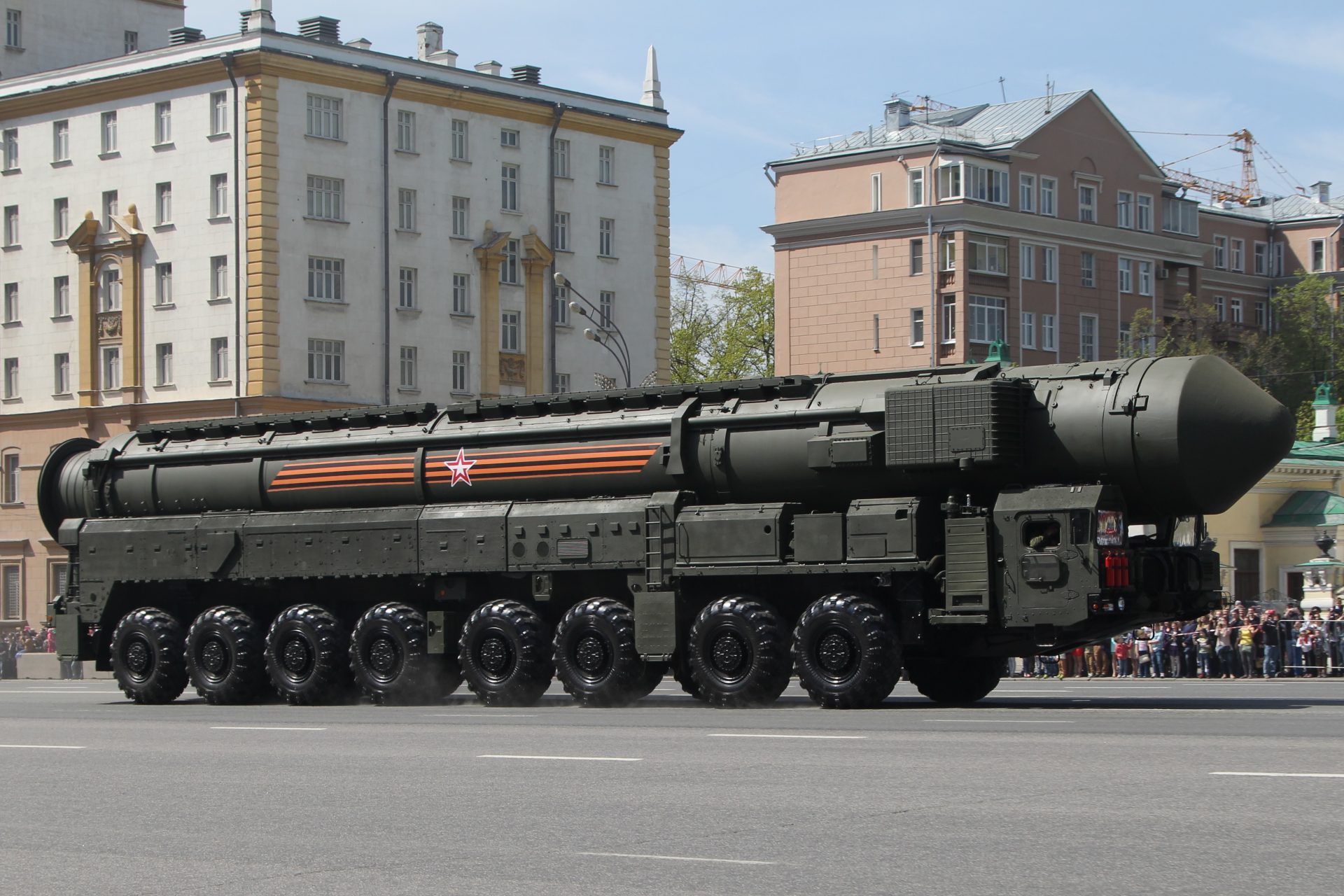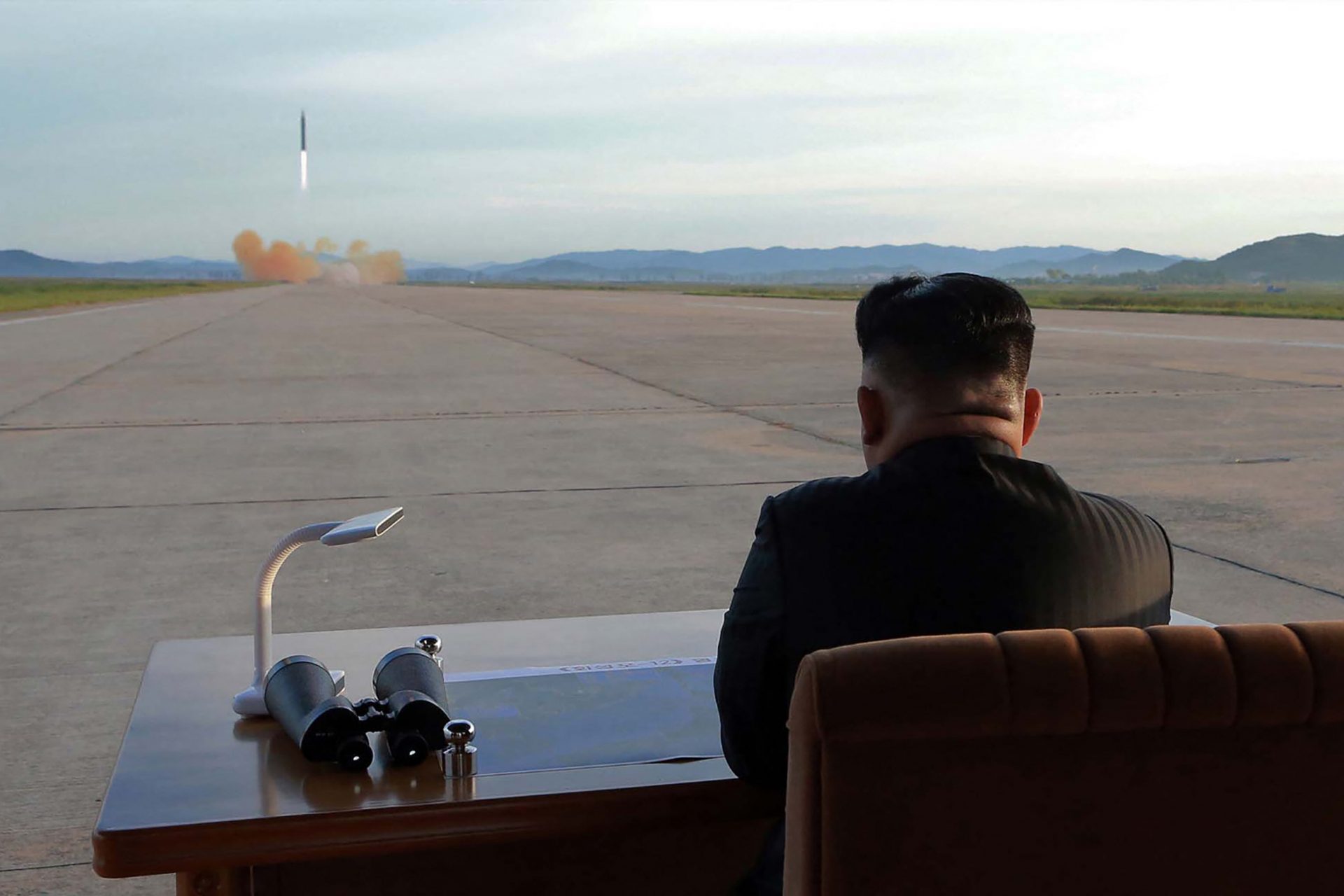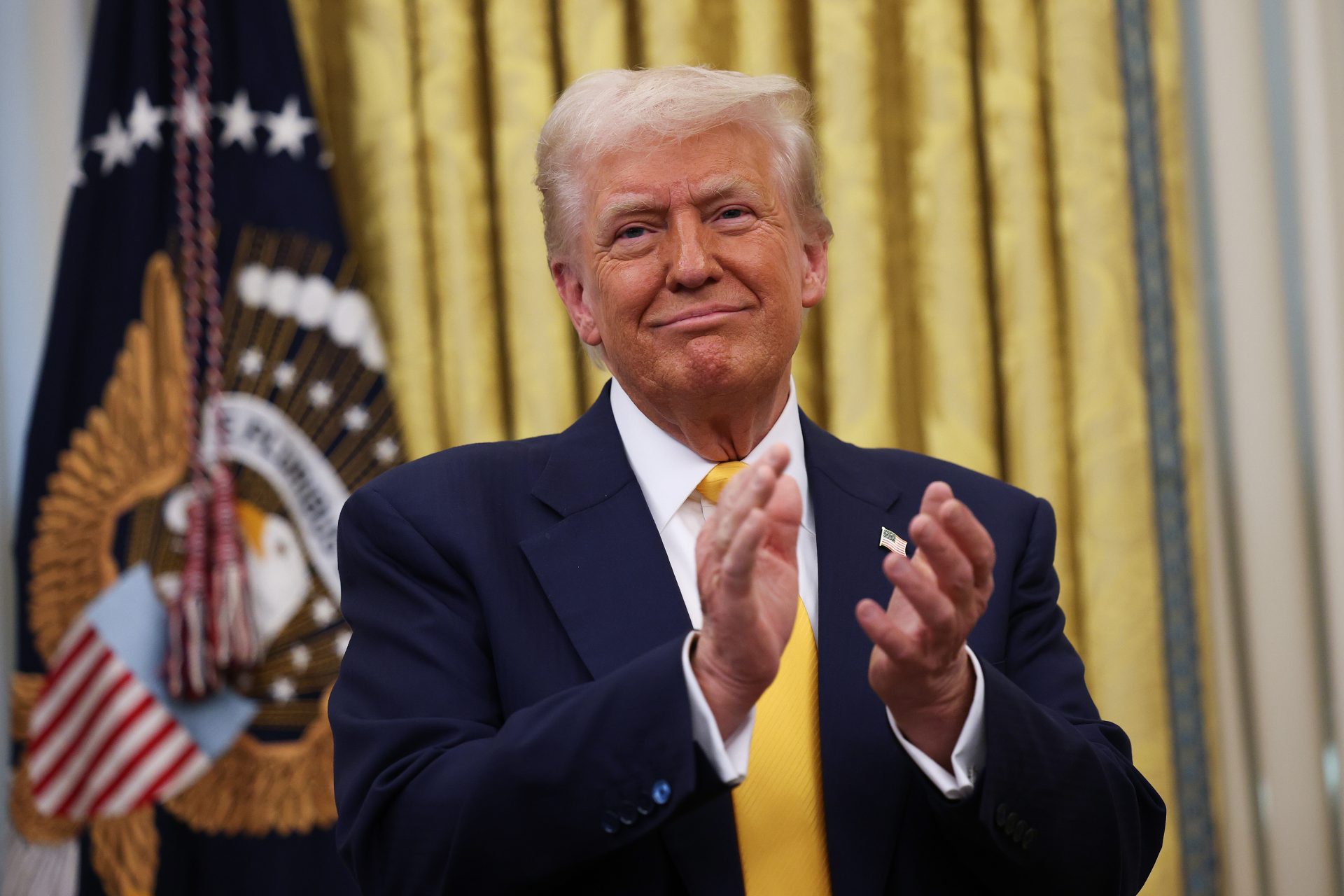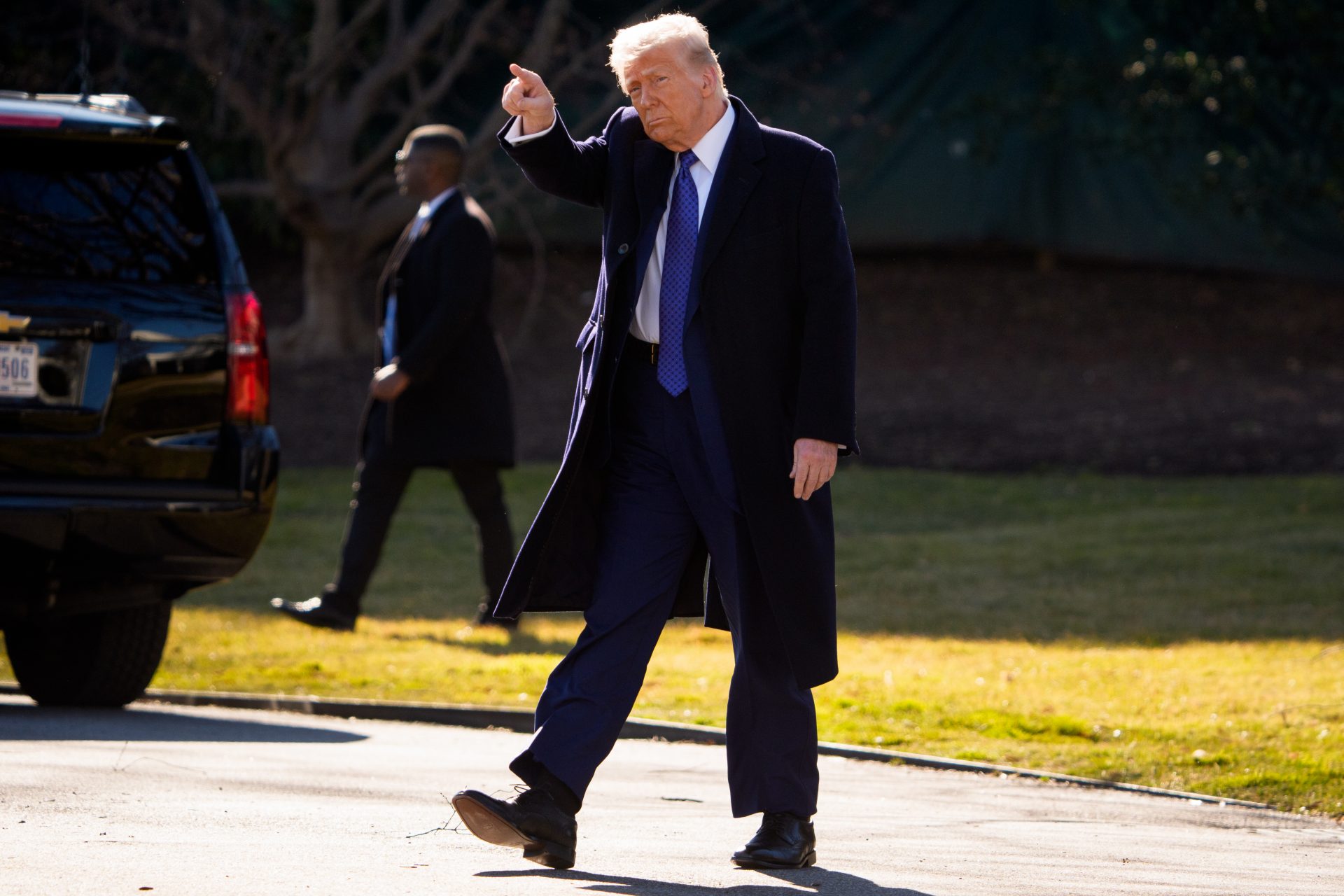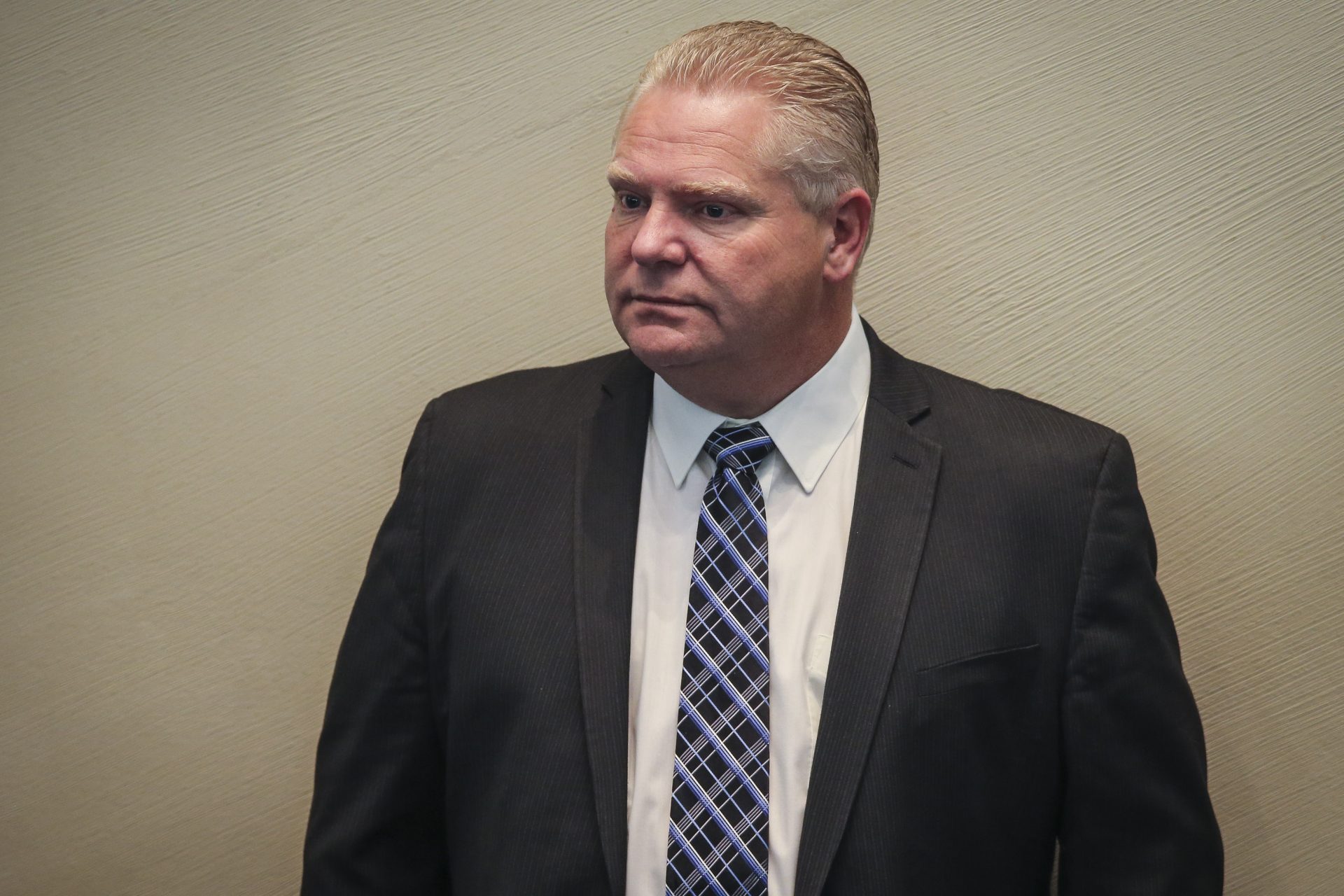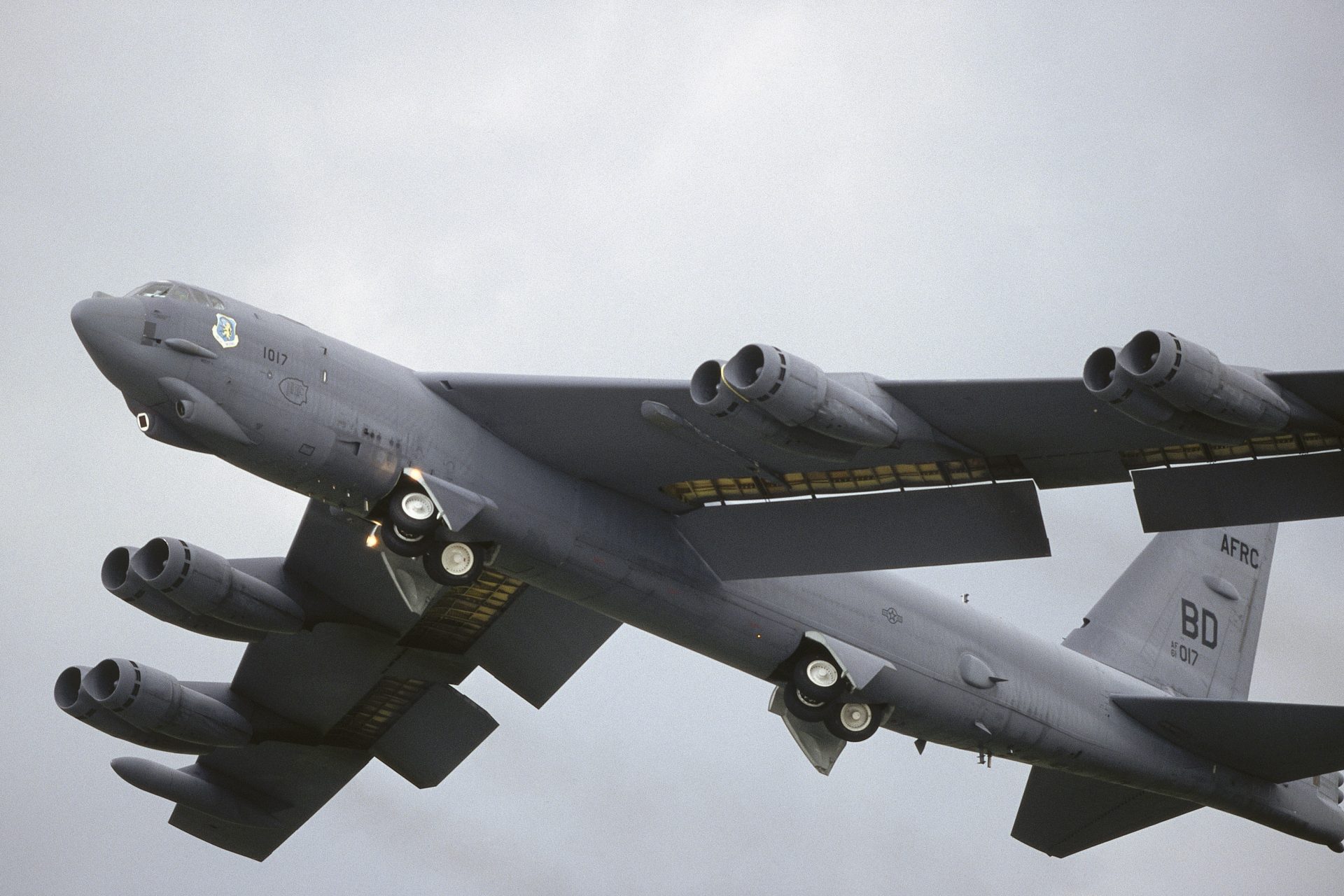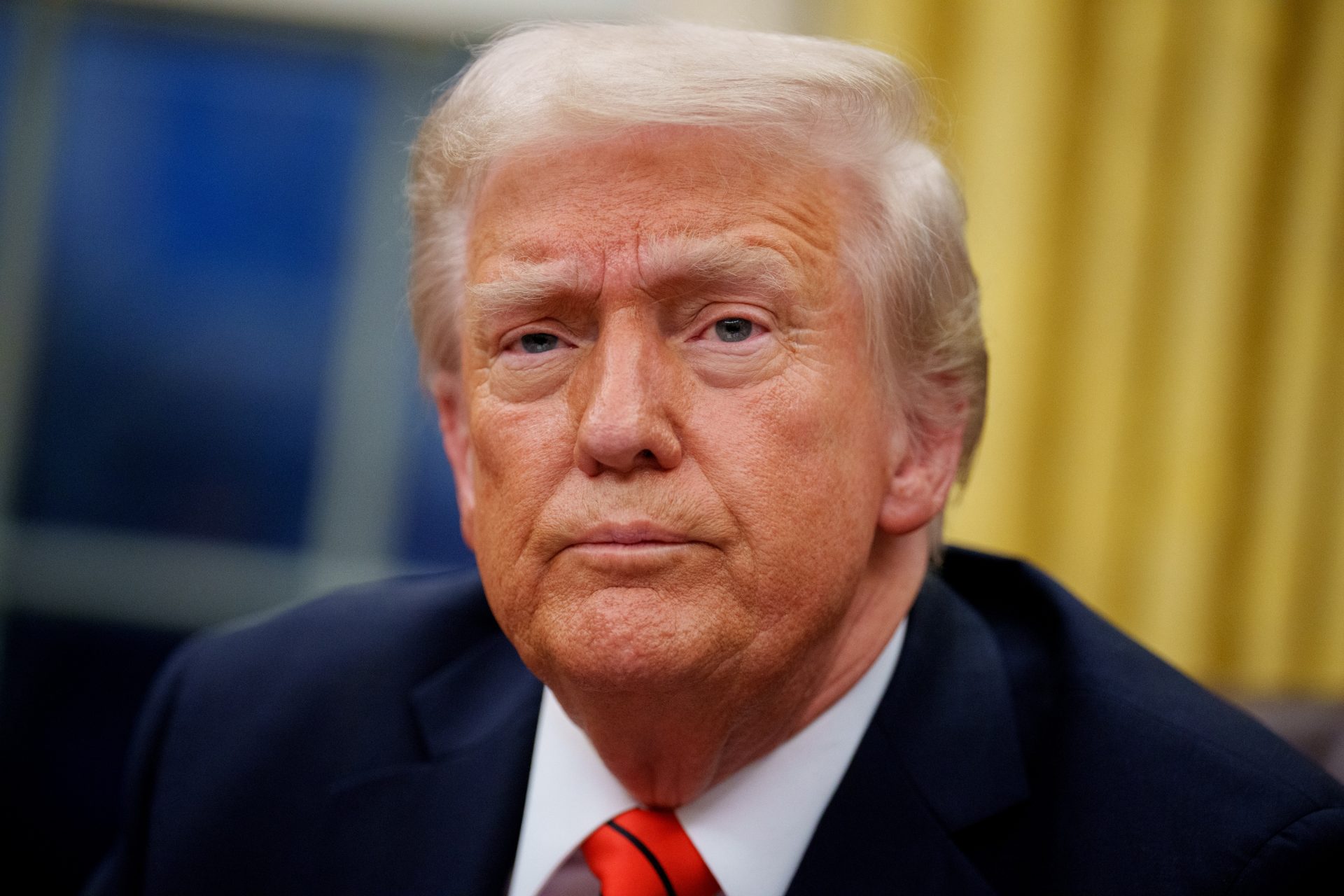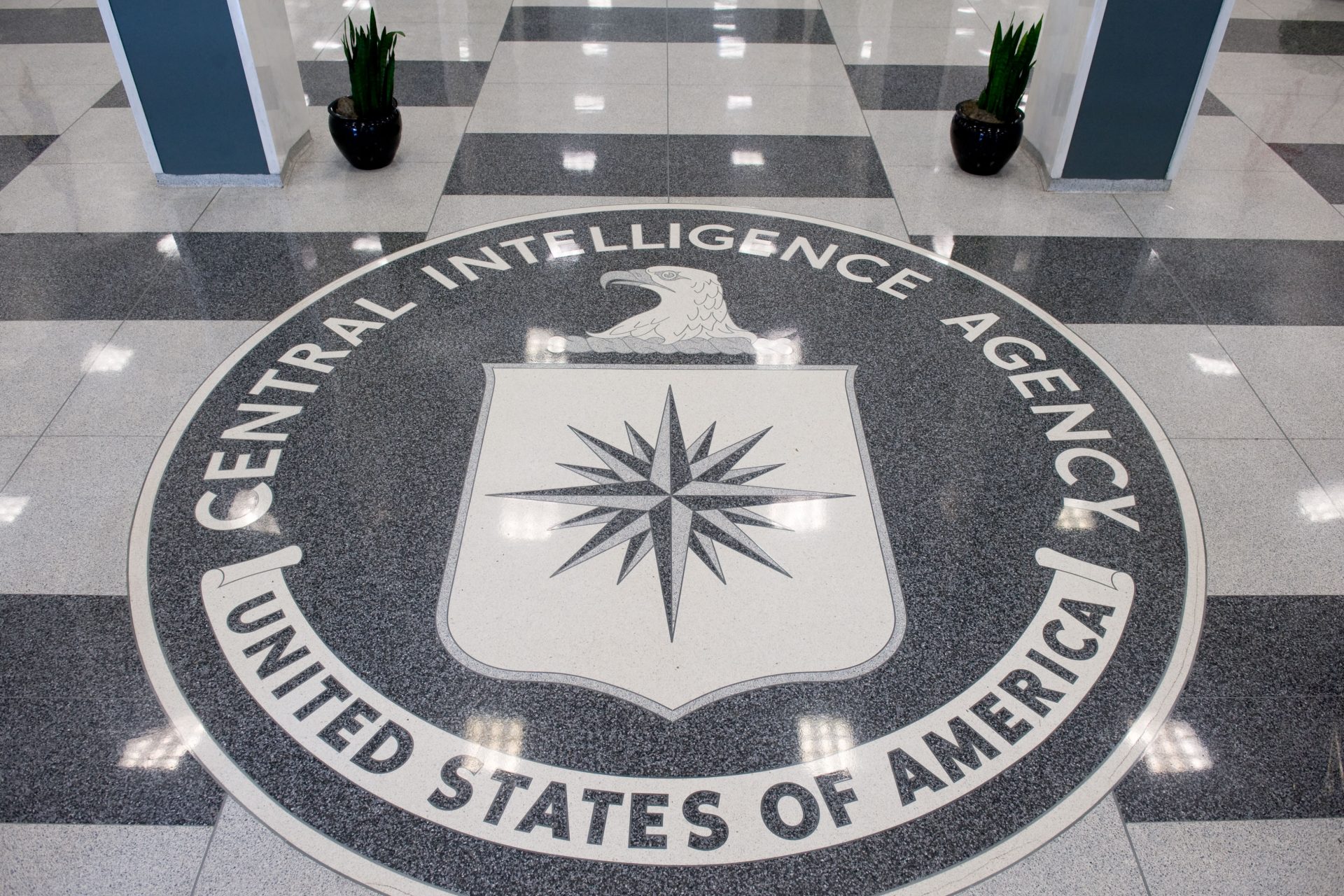Remember when Putin made a worrying nuclear threat in response to a perceived threat
In February 2024, Vladimir Putin issued a veiled nuclear threat during Russia's annual Presidential Adress to the Federal Assembly. But what prompted Putin to subtly threaten a nuclear confrontation with the West?
Before looking at Putin's threat, it's important to understand the context behind what he said. His comments were likely referencing remarks that were made by French President Emmanuel Macron at the time.
Macron told reporters at a press conference after a meeting with German Chancellor Olaf Scholz in Paris that NATO allies had openly discussed the possibility of sending European troops to aid Ukraine according to CNN.
Marcon said “nothing should be ruled out” when asked by reporters if the West should deploy troops to Ukraine. Such a move by NATO would have been a major escalation in the alliance's aid to Ukraine CNN reported.
An unnamed NATO official at the time told the American news outlet that the defensive alliance had no plans to deploy troops to Ukraine, and there have not been any NATO troops deployed to Ukraine in the months since Macron made his remarks.
“We will do anything we can to prevent Russia from winning this war,” Marcon said at the time, and it was likely these comments that spurred on Putin's veiled warning to the West against sending troops to Ukraine.
"There has been talk of sending NATO contingents to Ukraine. But we remember the fate of those who sent contingents [in the past],” Putin explained during his speech according to Politico. “Now the consequences for the interventionists will be much more tragic."
"We too have weapons that can hit targets on their territory,” Putin added. “This really threatens a conflict with nuclear weapons, and thus the destruction of civilization.” But this wasn’t the only controversial thing that Putin said during his speech.
Putin made it clear that Russia needed to strengthen its troop presence on its Western borders in order to defend against the new threats posed by Finland and Sweden now that both countries had joined NATO.
Reuters provided a report that highlighted Putin’s updates on the invasion of Ukraine, the country’s nuclear capabilities, and the Kremlin’s relations with the Western nations at the time. When it came to the war in Ukraine, Putin was clear that he believed Russia didn’t start it.
"We did not start this war in Donbas. As I have said many times, we will do everything to end it, to eradicate Nazism. To fulfill all the tasks of the special military operation,” Putin explained, “To protect the sovereignty and security of our citizens."
Interestingly, Putin also claimed the “combat capabilities” of the Russian Armed Forces had increased and added that they held the initiative in the war. “They are confidently advancing in a number of operational directions, liberating new territories."
In terms of Putin’s dialogue with the United States, the Russian President noted that he was ready to talk with Washington about "strategic stability" but ridiculed the recent claims that Moscow was planning to deploy nuclear weapons into space.
"There have been more and more unsubstantiated accusations against Russia, for example, that we are allegedly going to deploy nuclear weapons in space. Such innuendo… is a ploy to draw us into negotiations on their terms, which are favorable only to the United States,” Putin said.
Putin also claimed NATO and the West provoked war in Ukraine and the Middle East, as well as in other regions of the world. He added that the West “continues to lie, without any embarrassment, saying that Russia allegedly intends to attack Europe."
Putin’s most concerning moment during his speech may have come when he reviewed the state of Russia’s nuclear arsenal. The Russian President said the country’s strategic nuclear forces were in a “state of full readiness for guaranteed use."
More worrying than Putin’s nuclear threats was the revelation that Russia’s hypersonic dagger (Kinzhal) system had been put into service and that the country’s hypersonic sea-based Zircon had been used in battle.
Putin also explained to his audience that the intercontinental Avangard system was on combat duty and that the tests of Russia’s new “Burevestnik unlimited-range cruise missile” had been finalized.
“The first mass-produced Sarmat heavy ballistic missiles have been delivered to the troops,” Putin said, later claiming that the West was trying to draw Russia into a new arms race to repeat the success against the Soviet Union.
Photo Credit: By Unknown Author, CC BY 4.0
"Therefore, our task is to develop the defence-industrial complex... [and] the scientific, technological and industrial potential of the country,” Putin added, which was a worrying sentiment for world peace and the security of nations at the time.
More for you
Top Stories



